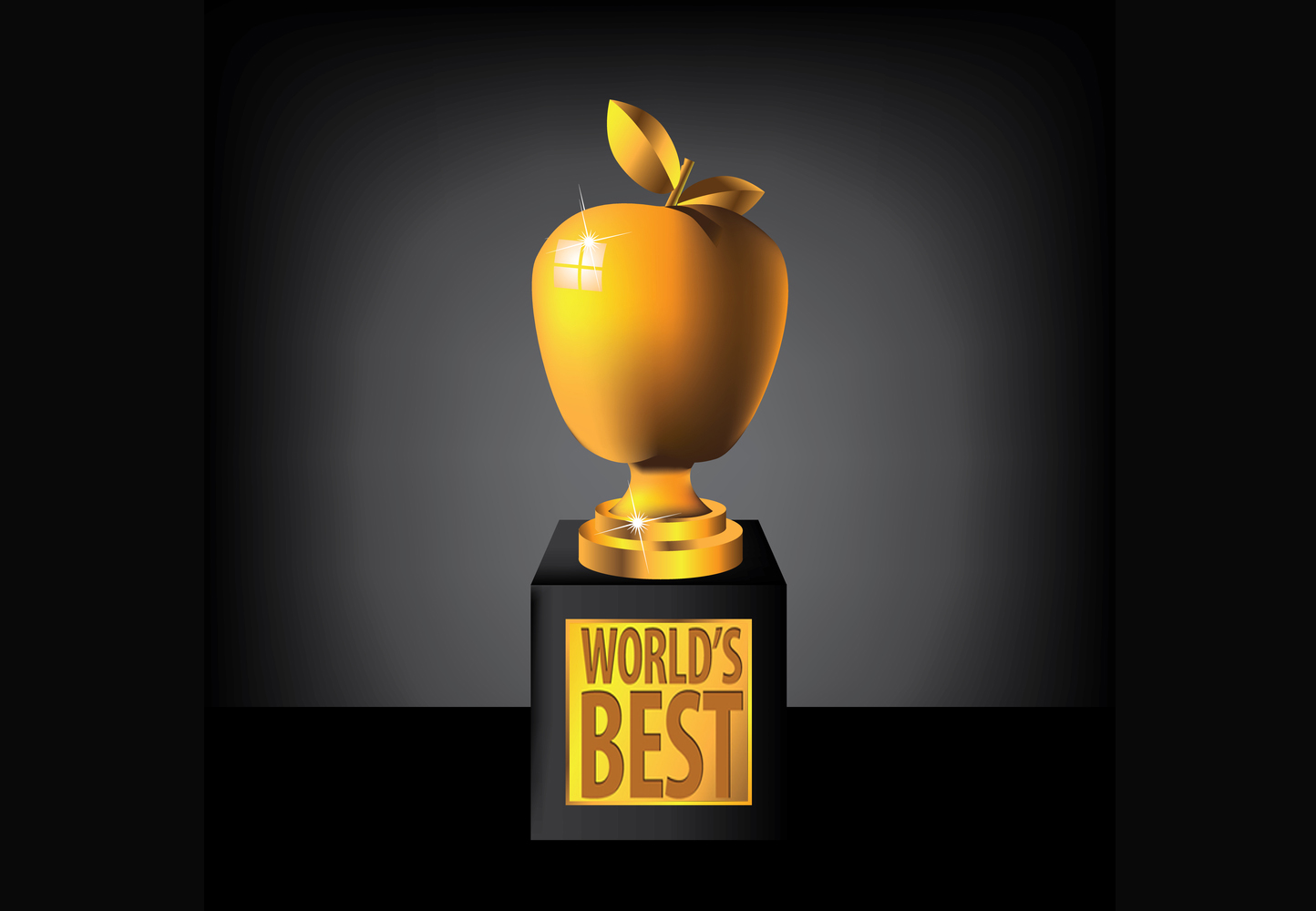
Apple's new MacBook is much better than Microsoft's Surface Pro 3 -- here are 9 reasons why
Apple has finally announced the new lighter-than-Air MacBook we were all waiting for. And, as expected, it's spectacular. It's so attractive that I can't possibly imagine why my colleague Brian Fagioli would claim that Microsoft's Surface Pro 3 is better. We are living on the same planet, aren't we?
Brian is terribly wrong, of course. But I'm not surprised, because he is, after all, a Surface Pro 3 user, and has been from the get-go. So it's easy for him to miss all the things that make the new MacBook so much better. He could only come up with six reasons to make his case. I offer nine reasons -- tangible benefits -- that prove otherwise!
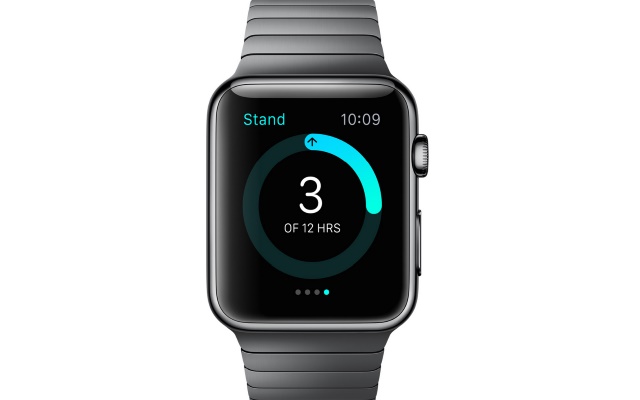
Apple Watch battery life sucks
At the Apple Watch event in San Francisco yesterday, Apple took the wraps off one of the most eagerly awaited wearables ever. In recent weeks, lots of rumors had crept out about the Apple Watch -- pricing, what it would be able to do, and so on -- but one thing was hotly debated: what would the battery life be like?
Yesterday we were promised that the battery would last 'all day'... but what does this actually mean? Apple has published usage scenario details that reveal owners of the device can expect to see anything from 3 to 48 hours of usage -- quite a range.
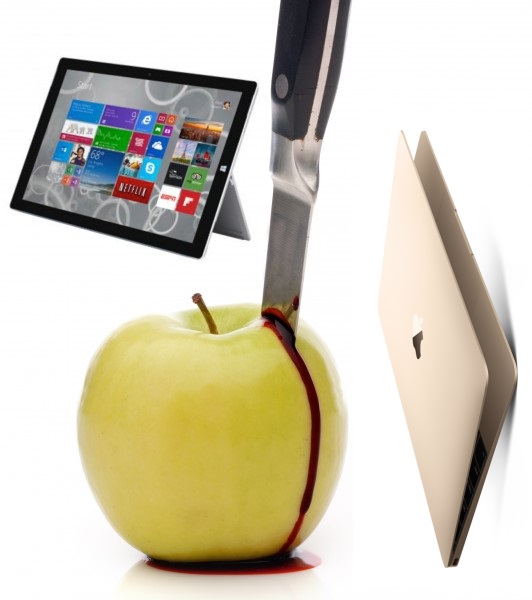
Sorry Apple, Surface Pro 3 is better than your new MacBook -- here are 6 reasons why
Apple makes extremely good computers; Mac Mini, iMac, MacBooks, Mac Pro -- you can't go wrong. With Apple's hardware, however, you have to pay to play; it is not an inexpensive experience. You know what? That's OK. Things are worth what people are willing to pay for them, and people are buying computers running OS X.
Today, while watching Apple's latest event, I started to fall in love with the "new MacBook", but quickly snapped back to reality; my Surface Pro 3 is better than this thing. Apple's latest laptop is arguably more attractive, but Microsoft's can do more, while offering a better experience.
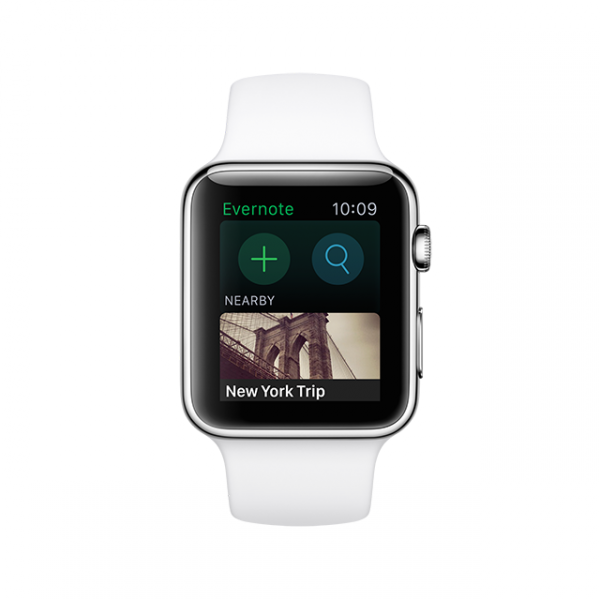
Evernote announces support for Apple Watch coming soon
You would have been hard pressed to miss today's news, as the Apple hype machine was running at full speed. The announcements kept on coming -- Apple TV with a reduced price and an HBO Now exclusive, new MacBooks and of course the much anticipated watch. However, the devil is in the details -- a new product like the Apple Watch can live or die based on support from developers.
That likely won't be a problem, and note-taking giant Evernote is among the first to throw its support behind this new platform. The service works on just about every platform, so this should come as little surprise.
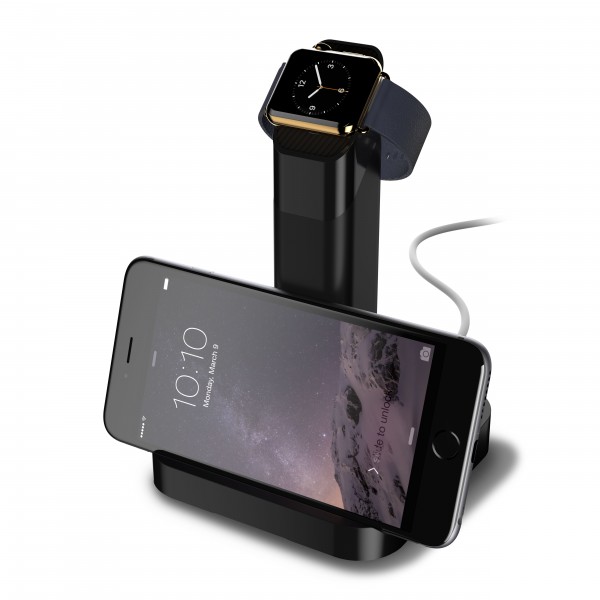
Griffin WatchStand charges Apple Watch and transforms it into a desk clock
Apple Watch is here. All hail mighty Apple and its wearable! After being teased by the company last year, Timothy Cook took the stage today to show off the full capability of the wrist-worn computer. Did it disappoint? Absolutely not. The Apple Watch does exactly what people predicted; it is an extension of the iPhone and reasonably priced -- well, at least the Sport model at $349.
Unfortunately, the Apple Watch isn't particularly useful when off your wrist -- or is it? Griffin thinks it can be and today announces the WatchStand. This nifty accessory is a charging dock for the watch, which prominently displays it as a clock. Even cooler? It can hold your iPhone too.
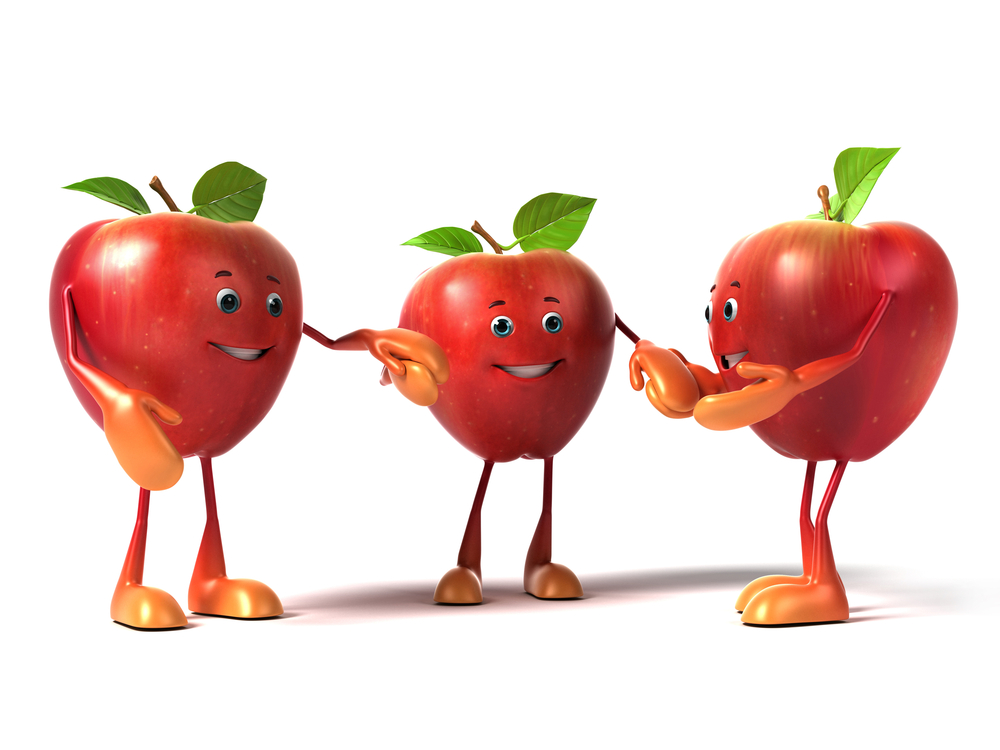
Apple returns to its core
Today's splashy media event takes Apple back to its roots (no pun intended). For example, the new MacBook, which weighs less than a kilogram (2.2 pounds) and is 1.31 centimeters at its thickest, reminds of the design and engineering qualities that made iPod nano so breathtaking and innovative 10 years ago in September. Apple CEO Tim Cook paid a little homage to predecessor Steve Jobs when remarking about the laptop: "Can you even see it?" Small size mattered when Jobs unveiled the nano, too.
Innovation—and nothing resembling the cliché overuse of the word today—went into iPod nano and was demonstrated this morning in the new MacBook, which goes on sale April 10, starting at $1,299. Lust-worthy design is an Apple prerogative that is core to today's crop. But there is much more: Real cohesion around an Apple vision long lost in the distraction of Steve Jobs' illness and death and the transition that followed.
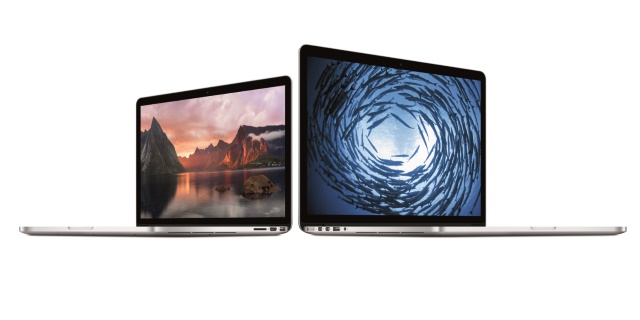
Apple refreshes MacBook Air and MacBook Pro range with speed boosts
If the Apple Watch and new MacBook were not enough, Apple had more hardware to reveal at today's launch event. In addition to the 'regular' MacBook (if such a word is really applicable), there was also the updated 13-inch MacBook Pro with Retina Display.
Key changes include the addition of a fifth generation Intel Core processor, improved battery life, and double-speed flash storage as well as the Force Touch trackpad. Updated 11-inch and 13-inch MacBook Airs were also unveiled, with the larger model gaining a fifth generation Intel Core processor, Intel HD Graphics 6000, Thunderbolt 2, and faster storage.
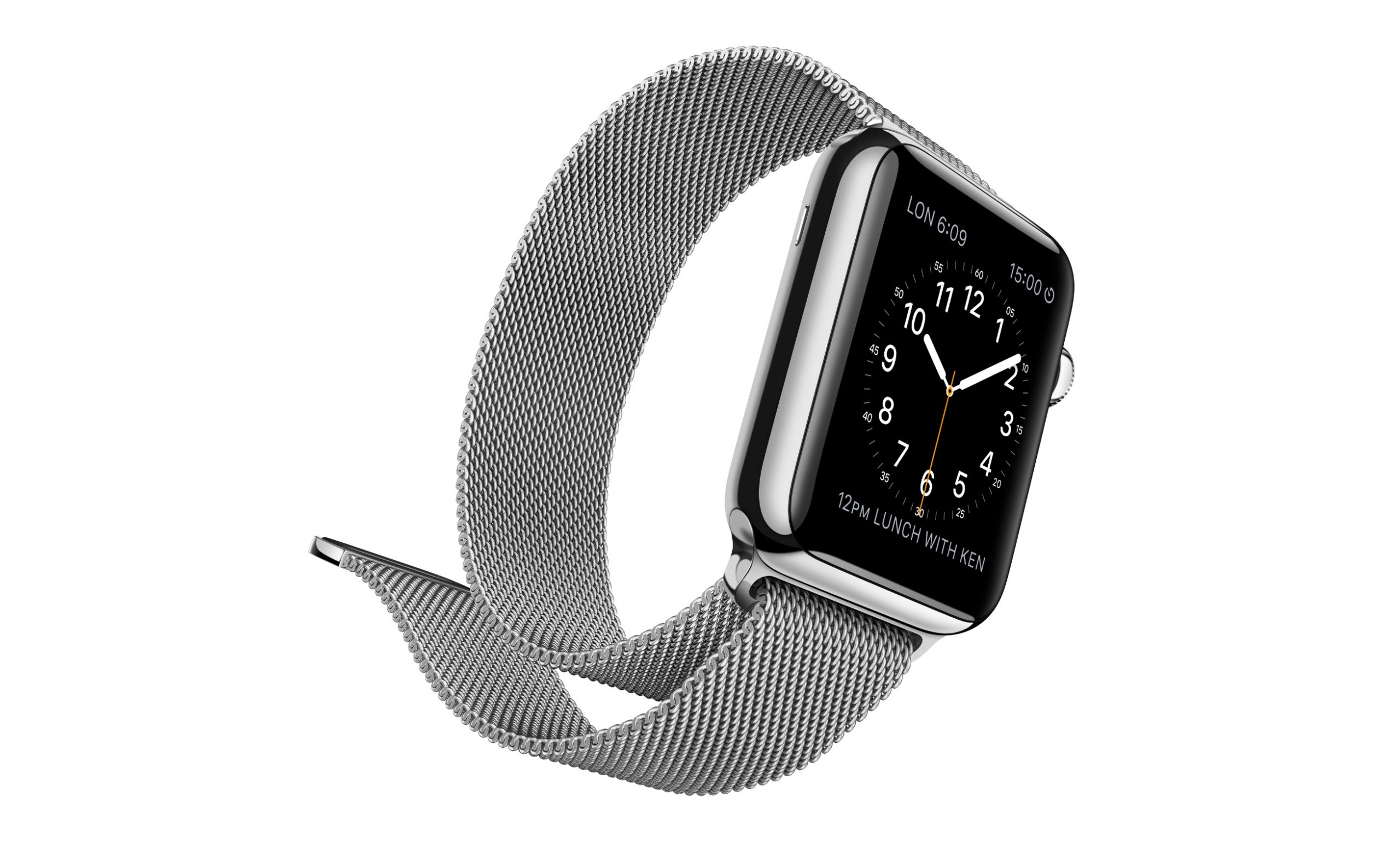
I should want an Apple Watch -- but I don't
I’m the target audience for the Apple Watch. I own an iPhone, and iPad, I’ve invested heavily in apps over the years, and I wear a watch so am used to glancing at my wrist when I want to see the time, rather than looking at my phone screen. The price doesn’t scare me off, either. Going into the Spring Forward event I was around 85 percent certain I would be buying an Apple Watch.
But now? Now I really don’t want one at all.
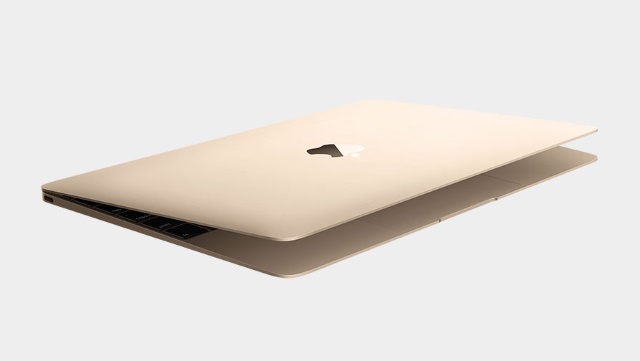
Apple announces all-new MacBook in gold, silver and space gray
The highlight of today's Apple event was undoubtedly the Apple Watch, but there was also time to announce the all-new MacBook. The first and most obvious change is that this time around, Apple's laptop will be available in three different colors -- gold, silver and space gray.
Portability is very much the name of the game with this new release. The MacBook weighs in at a mere two pounds, and is just 13.1 mm thick -- including the wafer-thin display which measures less than 1 mm. This is the lightest MacBook ever and, like the Apple Watch, Apple is promising that you will get all day usage from a full battery charge.
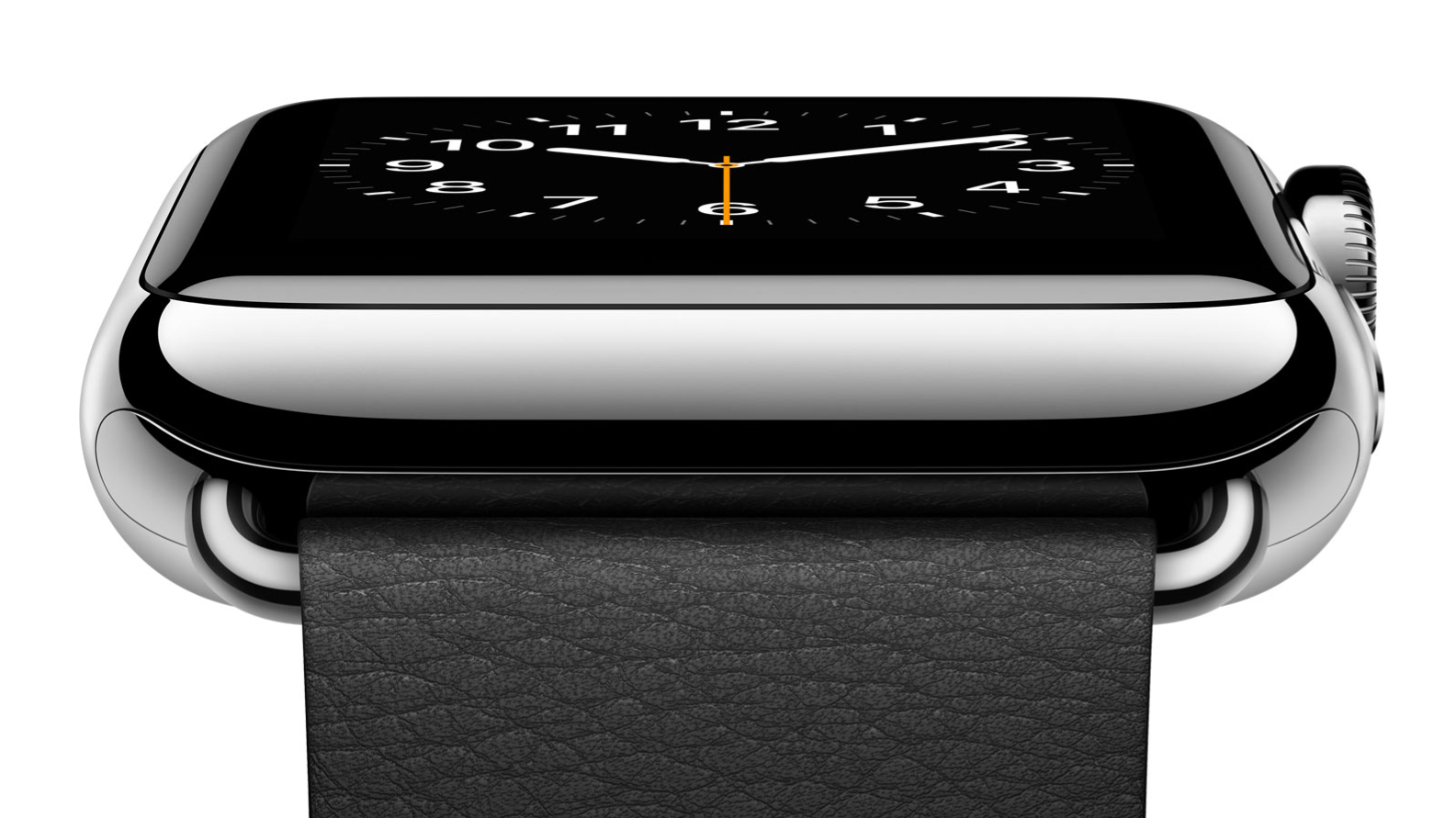
Will you buy Apple Watch -- yours from $349 to $10K-plus?
The long-hyped smartwatch from the maker of iPhone is now official. Apple takes preorders from April 10, and sales start 14 days later. For all the hype, the price is what really distinguishes the device, which will be available in aluminum, stainless steel, and solid gold—with the latter selling for minimum $10,000.
Apple Watch Sport is the lower-cost option in 38mm and 42mm cases, starting at $349 and $399, respectively. Apple Watch ranges from $549 to $1,049. Apple Watch Edition is the pricey one starting at $10K. At launch, the wristwear will be available in Australia, Canada, China, France, Germany, Hong Kong, Japan, United Kingdom, and the United States. Today's big question: Will you buy one? And which?
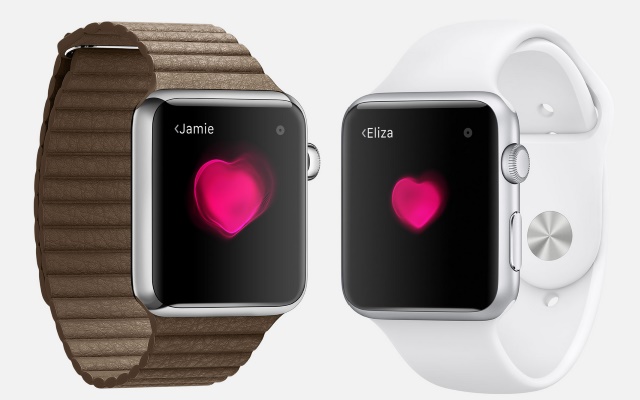
Apple carves itself a niche at the top of the market with Apple Watch
For many people, Apple has long been seen as a company that pumps out expensive products. Today this view was crystallized with the release of the Apple Watch. The Apple Watch Edition, crafted from 18 karat gold has a starting price of $10,000. But if this is a little beyond your reach, there are other options to choose from.
Starting at the more reasonable $349 for a 38mm model, or $399 for the 42mm model, the aluminum Apple Watch Sport is the entry-level version and the one which is likely to sell in the greatest numbers. There's also the eponymous stainless steel Apple Watch which starts at $549 for the 38mm model and $599 for the larger version. Was it worth the wait? Tim Cook would certainly like you to think so.
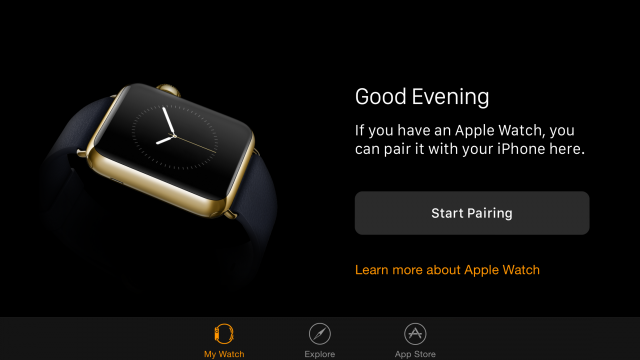
Apple releases iOS 8.2 -- here's what's new
As expected, at its Spring Forward press event, Apple today revealed more details about Apple Watch (be warned, it goes all the way up to $10k), and announced a new, lighter MacBook. But Apple also introduced iOS 8.2, which is needed to make use of the new wearable. Here is what the latest version brings to the table, starting with the Apple Watch connectivity.
After installing iOS 8.2, iPhone users will be able to pair, sync and configure Apple Watch from their smartphone, using the new Apple Watch app that is on the homescreen. Also, there's a new Activity app which shows up after pairing an Apple Watch, showing achievements and fitness data on iPhones. It should be said that Apple Watch only works with iPhone 5 and later models.
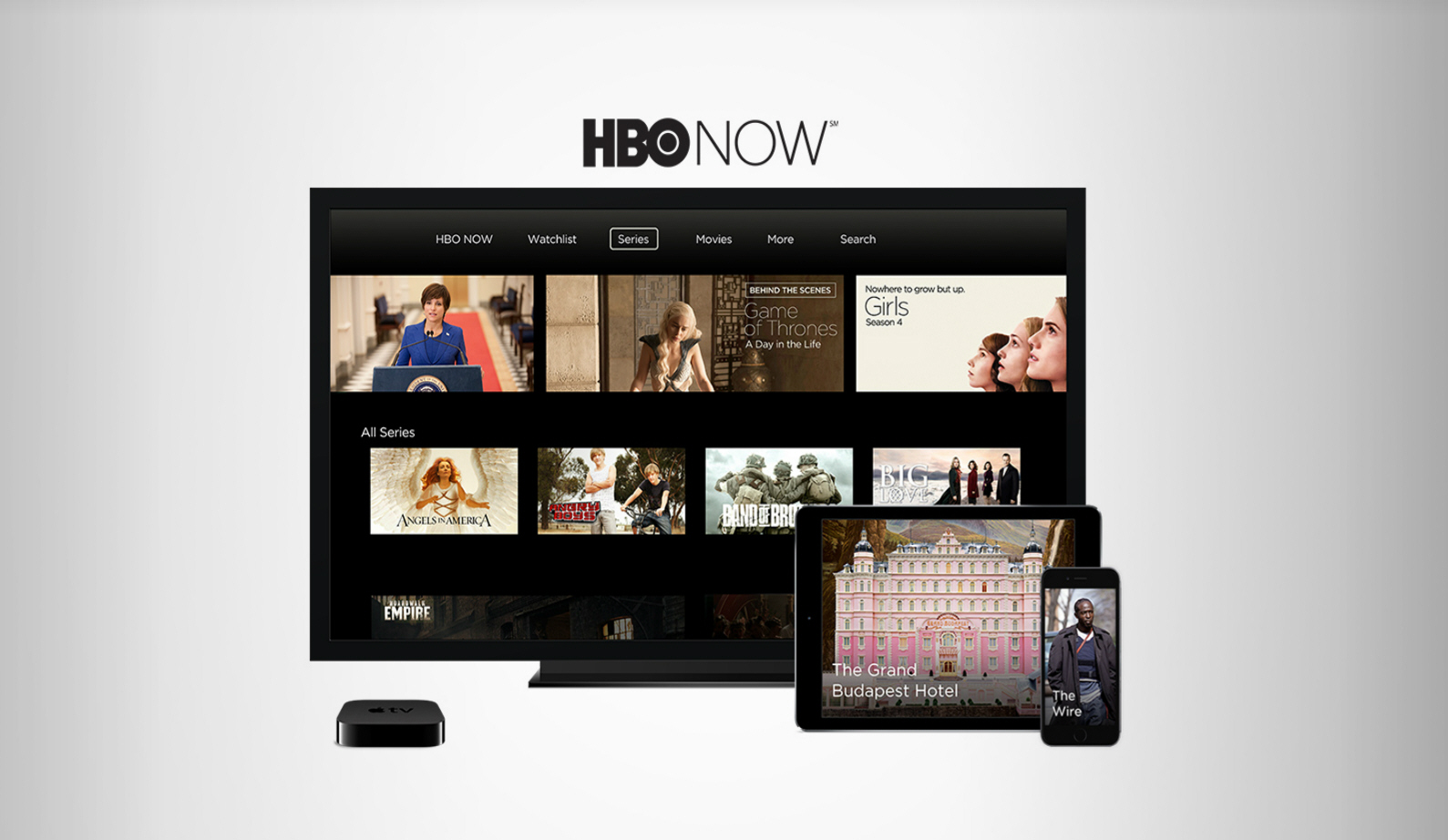
HBO announces HBO NOW streaming service -- exclusive to Apple at launch
The Apple 'Spring Forward' event is currently underway, and the first big announcement is that HBO NOW, the name of Home Box Office’s standalone premium streaming service, will be exclusive -- initially at least -- to Apple customers.
Similar to HBO GO, HBO NOW will offer more than 2,000 titles online and includes every episode of every season of its programming, including of course, Game of Thrones. It costs $14.99 a month and Apple customers who sign up in April can enjoy a 30-day free trial. It will be available to watch on iPhone, iPad or iPod touch, or directly on Apple TV.
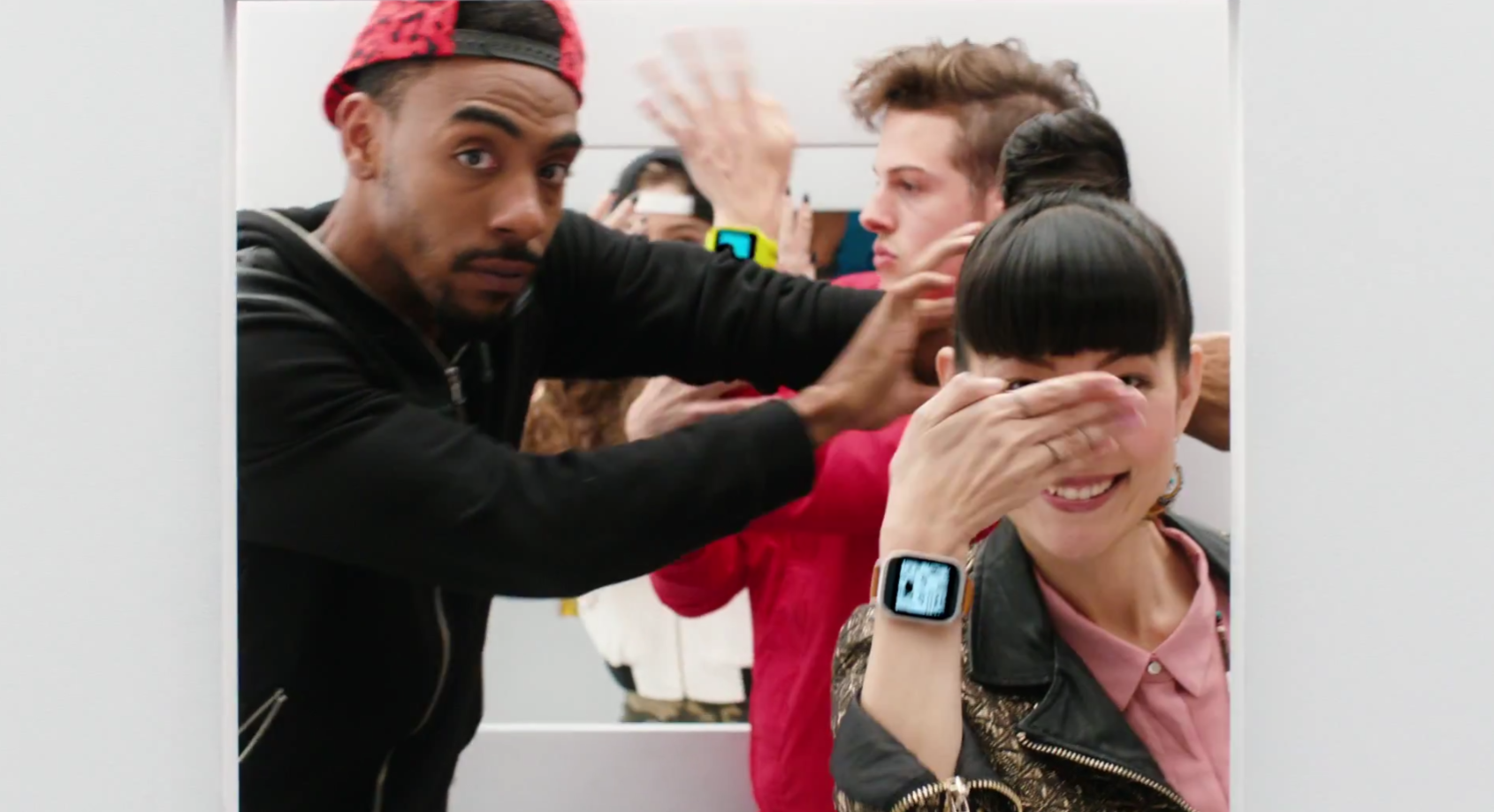
Google responds to Apple Watch
The newest Android "be together. not the same." commercial posted to YouTube today ahead of Apple's big smartwatch launch. The video series focuses on individuality and choice, which packs a little more punch for a wearable where one size likely won't fit all.
I like the background music, "On the Regular" by SHAMIR, in an advert by every measure focused on Apple Watch's presumed young and hipster crowd. You can be square, round, or whatever you want with Android Wear.
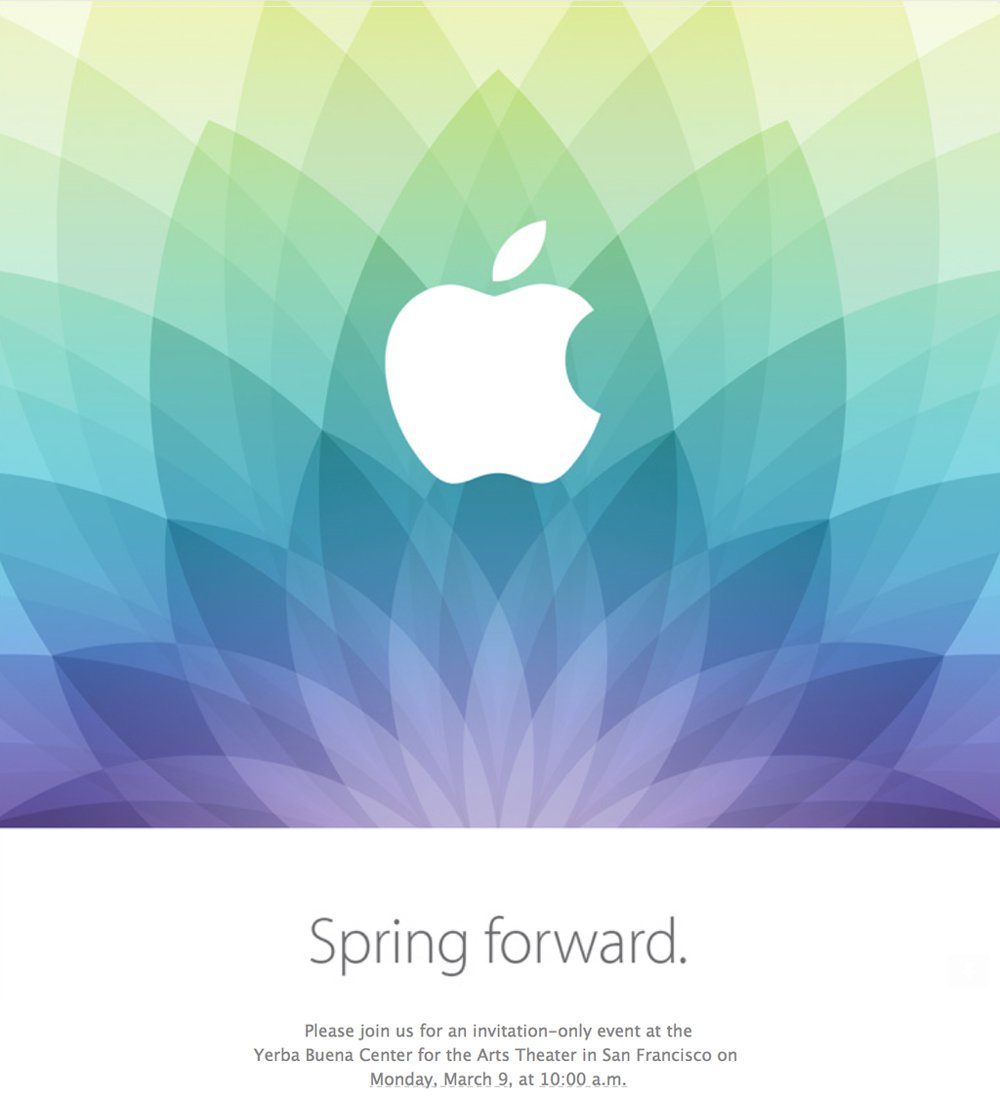
Watch Apple's 'Spring Forward' event live on any device including Windows and Android
Whether you think the Apple Watch will revolutionize wearables, or be a rare misstep for Apple, we’re about to find out as the tech giant is all set to launch its latest new product at a 'Spring Forward' event which is being hosted today at the Yerba Buena Center for the Arts Theater in San Francisco.
While the Apple Watch will be the center of attention, it’s possible that Apple will have a few other products to show off too including maybe a Retina MacBook Air and Beats Music Service.
